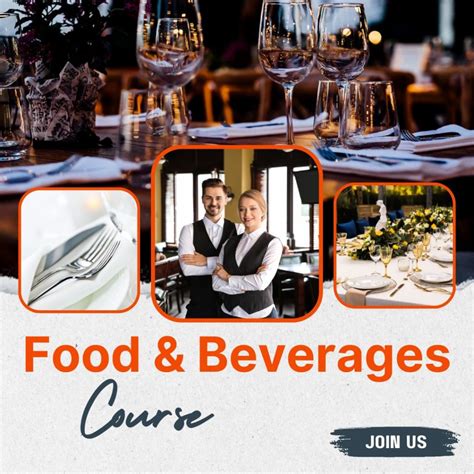A Comprehensive Guide to Food and Beverage Knowledge Training
The food and beverage industry is a dynamic and ever-evolving sector, demanding a high level of knowledge and expertise from its professionals. A comprehensive food and beverage knowledge training program is essential for success in this competitive field. This guide will delve into the key components of such a program, equipping you with the knowledge to create a robust and effective training curriculum.
Understanding the Scope of F&B Knowledge
Effective training goes beyond simply learning recipes. It encompasses a broad range of topics critical for success in the food and beverage industry. These areas include:
-
Food Safety and Hygiene: This is paramount. Training should cover proper handling, storage, preparation, and service of food to prevent foodborne illnesses. Emphasis should be placed on HACCP (Hazard Analysis and Critical Control Points) principles, personal hygiene practices, and understanding food safety regulations.
-
Ingredient Knowledge: Deep understanding of ingredients, including their origin, characteristics, flavor profiles, and how they interact with each other, is crucial. This includes understanding different cuts of meat, types of vegetables, various cheeses, and a wide range of spices and herbs.
-
Menu Development and Costing: Training should cover the principles of menu engineering, including menu design, pricing strategies, and cost control. This includes calculating food costs, portion control, and understanding profit margins.
-
Beverage Knowledge: Beyond simply knowing how to make drinks, a solid understanding of different types of beverages, their origins, flavor profiles, and appropriate pairings with food is crucial. This includes wine, beer, spirits, cocktails, and non-alcoholic options.
-
Customer Service: Exceptional customer service is crucial for any F&B establishment. Training should encompass skills like effective communication, conflict resolution, and understanding customer needs and preferences.
Designing an Effective Training Program
A successful training program should be structured, engaging, and adaptable to different learning styles. Consider these elements:
-
Structured Curriculum: Develop a clear curriculum outlining learning objectives, modules, and assessment methods. This ensures a focused and comprehensive learning experience.
-
Interactive Learning: Incorporate interactive activities like workshops, simulations, and group projects to reinforce learning and promote engagement. Hands-on experience is invaluable.
-
Practical Application: Provide ample opportunities for practical application of learned skills, such as preparing dishes, creating cocktails, and handling customer service scenarios.
-
Regular Assessments: Regular assessments, including quizzes, practical exams, and performance evaluations, provide valuable feedback and identify areas needing improvement.
-
Ongoing Training: The food and beverage industry constantly evolves. Implement a system for ongoing professional development to keep employees updated on new trends, techniques, and industry best practices.
Key Considerations for Trainers
Effective trainers are essential for successful food and beverage knowledge training. Key qualities include:
-
Expertise: Trainers should possess extensive knowledge and experience in the food and beverage industry.
-
Excellent Communication Skills: The ability to clearly and effectively communicate information is crucial.
-
Patience and Empathy: Effective trainers are patient, understanding, and able to cater to different learning styles.
-
Adaptability: The ability to adapt the training based on the learners' needs and feedback is vital.
Conclusion
Investing in thorough food and beverage knowledge training is an investment in the success of any food and beverage operation. By implementing a comprehensive program that covers food safety, ingredient knowledge, menu development, beverage expertise, and customer service, businesses can empower their employees to deliver exceptional experiences and drive growth. Remember to prioritize practical application, interactive learning, and ongoing development to create a dynamic and effective training program that benefits both employees and the business.
